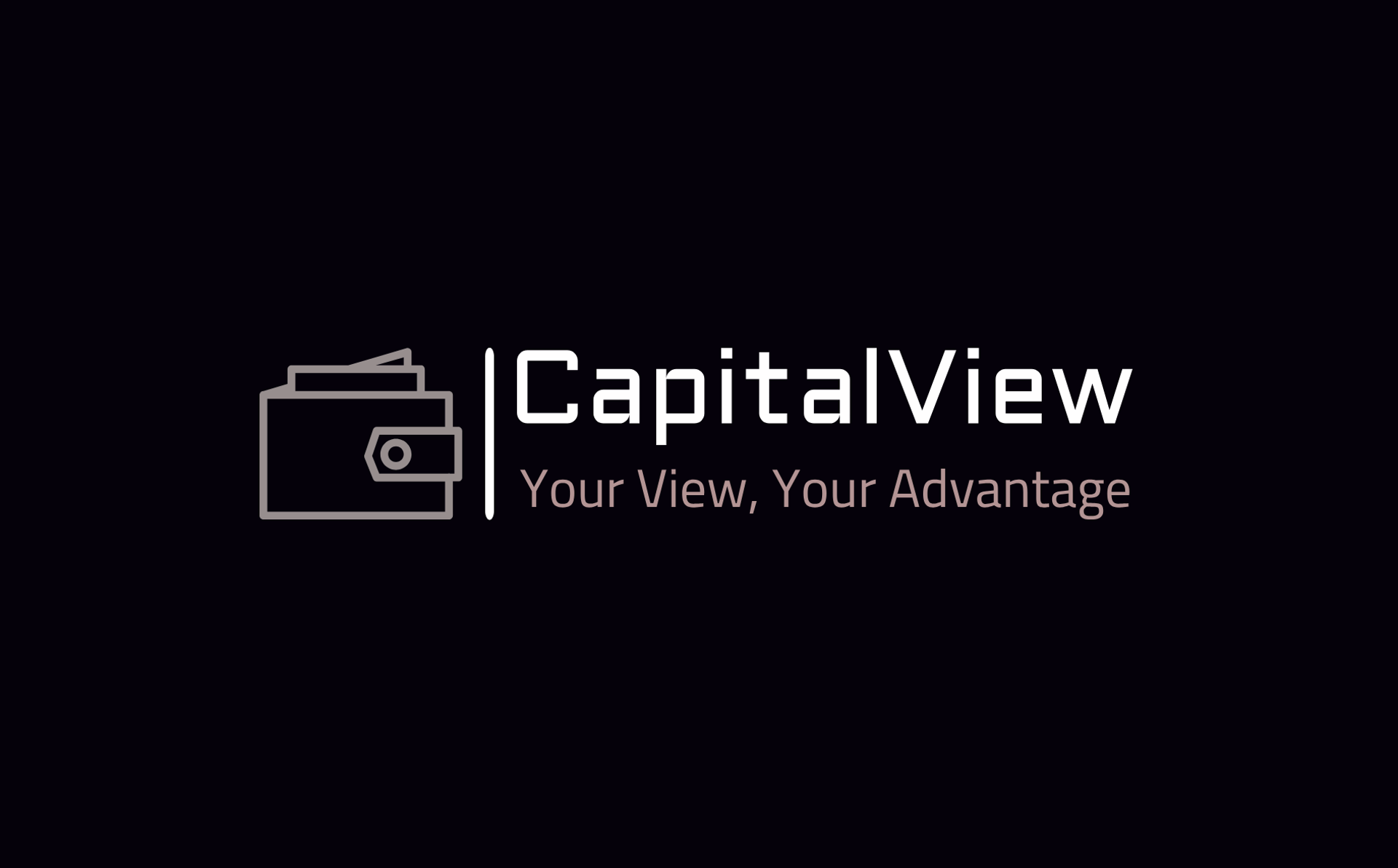
Invest Manage Cryptocurrency
Comprehensive suite tools invest manage cryptocurrency assets platform provides users with.
Secure Investment Options
When considering secure investment options, it's important to focus on preserving your principal while still aiming for a reasonable return. Here are some commonly considered secure investment options:
High-Yield Savings Accounts: These offer better interest rates than traditional savings accounts while keeping your money easily accessible and insured by the FDIC up to $250,000 per depositor per bank.
Certificates of Deposit (CDs): CDs are time deposits offered by banks with fixed interest rates and maturity dates. They are insured by the FDIC and are considered low-risk.
Treasury Securities: U.S. government securities such as Treasury bills (T-bills), Treasury notes (T-notes), and Treasury bonds (T-bonds) are backed by the full faith and credit of the U.S. government, making them very low-risk.
Money Market Funds: These funds invest in short-term, high-quality investments and are generally considered low-risk. They usually offer higher returns than savings accounts but are not insured by the FDIC.
Municipal Bonds: Issued by states or local governments, municipal bonds are generally considered low-risk and often provide tax-exempt interest income. However, the risk varies depending on the issuer's creditworthiness.
Investment-Grade Bonds: Bonds rated as investment grade by credit rating agencies (e.g., AA or higher) are considered safer than high-yield or junk bonds.
Blue-Chip Stocks: Shares of large, well-established companies with a history of stable earnings and dividends. While stocks inherently carry more risk than fixed-income securities, blue-chip stocks tend to be more stable.
Fixed Annuities: These are insurance products that provide regular, guaranteed payments for a specified period or for the lifetime of the annuitant. They offer a fixed rate of return and are generally considered low-risk.
Gold and Precious Metals: While not guaranteed to appreciate, gold and other precious metals are often considered a safe haven during times of economic uncertainty. They don't offer regular income but can preserve value over the long term.
When choosing investments, it's important to consider your financial goals, risk tolerance, and investment horizon. Diversification across different asset classes can also help manage risk. Consulting with a financial advisor can help tailor a strategy to your specific needs and circumstances.


Forex Funding Account
Forex funding accounts are designed for investors and traders to hold and manage their capital for trading in the foreign exchange (forex) market.
What is a Forex Funding Account?
A forex funding account is a type of account used to deposit and manage funds for trading currencies on the forex market. These accounts are typically provided by forex brokers or trading platforms and allow you to deposit money, which can then be used to execute trades in the forex market.
Key Features
Leverage: Forex trading often involves leverage, which allows you to control a larger position with a relatively small amount of capital. However, leverage also increases risk.
Margin: The amount of money required to open and maintain a trading position. Margin accounts allow traders to borrow funds to increase their position size.
Currency Pairs: Trading in the forex market involves buying and selling currency pairs. For example, EUR/USD, GBP/JPY, etc.
Liquidity: The forex market is highly liquid, meaning there are many buyers and sellers, which generally leads to tighter spreads and more favorable trading conditions.
24/5 Market: The forex market operates 24 hours a day, five days a week, allowing for trading at almost any time.
Funding Methods: Bank Transfers: Most brokers accept bank transfers, which can be either domestic or international.
Credit/Debit Cards: Many brokers accept deposits via credit or debit cards for faster funding.
E-Wallets: Services like PayPal, Skrill, and Neteller are commonly used for quick and easy deposits and withdrawals.
Cryptocurrencies: Some brokers accept cryptocurrencies as a form of funding.
Security and Regulation
Regulation: Ensure that the forex broker you choose is regulated by a reputable financial authority. This adds a layer of protection for your funds.
Segregated Accounts: Look for brokers that keep client funds in segregated accounts, separate from the broker’s own funds.
Security Measures: Ensure that the broker uses strong security protocols to protect your account and personal information.
Choosing a Forex Broker
When selecting a forex broker to open a funding account, consider the following factors:Reputation and Regulation: Check the broker’s reputation and ensure they are regulated by a credible authority.
Trading Platform: Evaluate the trading platform’s features, ease of use, and available tools.
Fees and Spreads: Compare fees, spreads, and commissions to find a cost-effective option.
Customer Support: Good customer support can be crucial, especially if you encounter issues or need assistance.
Account Types: Brokers often offer different types of accounts, including standard, mini, and micro accounts. Choose one that suits your trading needs.
Risks
Forex trading carries significant risks, including the potential for substantial financial losses. It is highly leveraged, meaning you can lose more than your initial deposit. Make sure to educate yourself thoroughly and consider starting with a demo account before committing real funds.
Professional customer support is crucial for any business, especially in sectors like finance, where clients may need timely assistance and clear communication. Here are some key elements that characterize
1. Availability
2. Responsiveness
3. Knowledge and Expertise
4. Communication Skills
5. Personalization
6. Efficiency
7. Feedback and Improvement
8. Security and Confidentiality
9. Multilingual Support
Implementing Effective Support
Invest in Training: Regularly train support staff on both technical skills and customer service techniques.
Leverage Technology: Use customer relationship management (CRM) systems and other tools to manage and track customer interactions efficiently.
Set Standards: Develop and adhere to service standards and protocols to ensure consistency in support.
Example: Forex Trading Platforms
For forex trading platforms, professional customer support might involve:
Technical Support: Helping with platform issues, connectivity problems, or account management.
Trading Assistance: Offering guidance on trading strategies or clarifying market data.
Regulatory Compliance: Assisting with compliance-related queries and ensuring that users understand regulatory requirements.
High-quality support can significantly impact customer satisfaction and loyalty, contributing to the overall success of a business.
Professional Customer Support





Happy Customers
Read what our satisfied customers have to say about our platform.
I love using Capital-View for managing my cryptocurrency investments. It's user-friendly and efficient.
Hilaire Boucher
Vancourer
Capital-View has been a game-changer for me in the world of cryptocurrency. Highly recommend it to anyone looking to invest.
Roald Balvers
Netherland